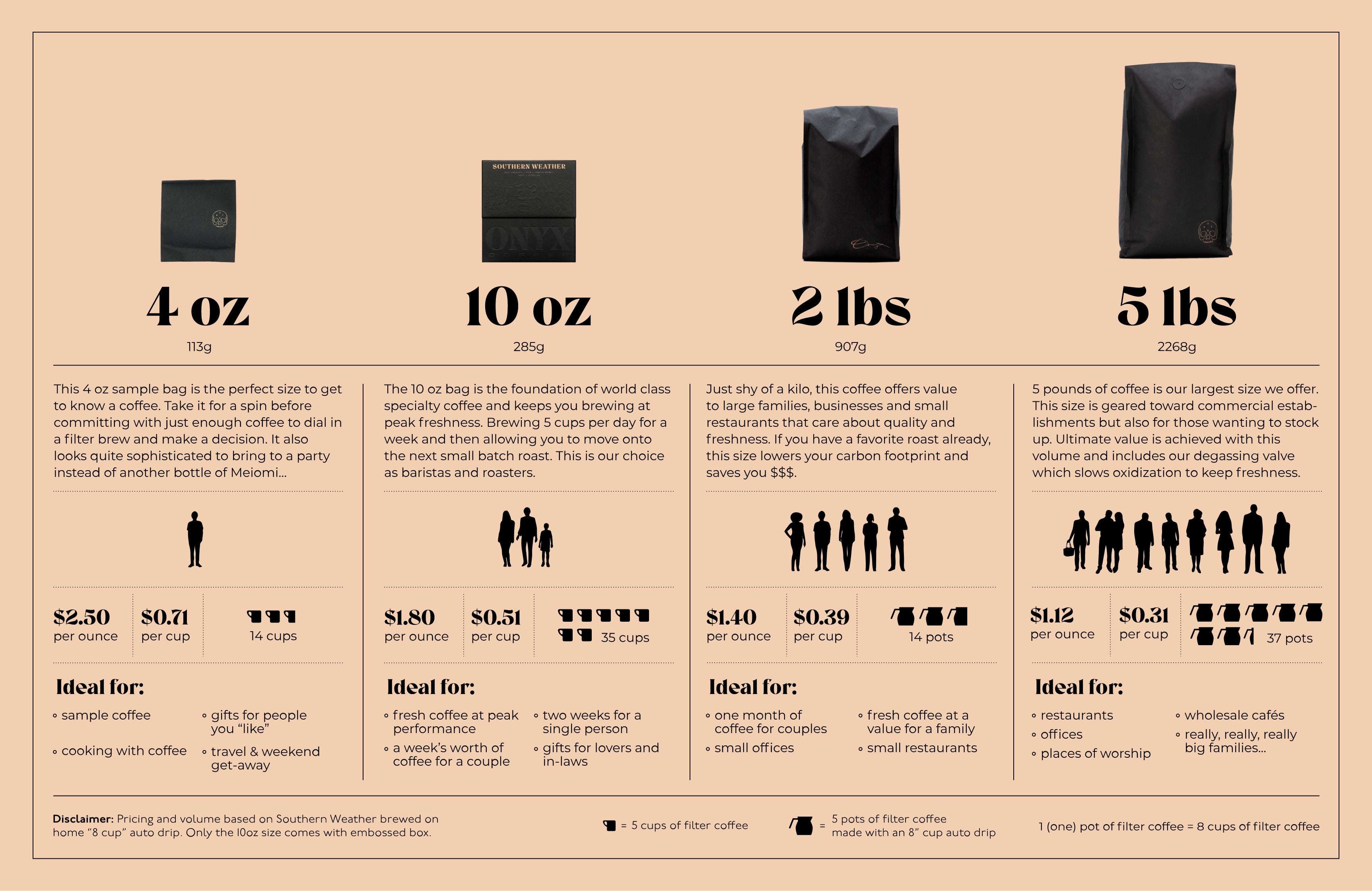Story
The METAD Relationship
We have been working with METAD for eight years now, starting when Jon met our close friend and Adinew brother Michael on a trade show floor. These interactions are so often lost within the busyness of the show floor, but chance was just so that Jon was scheduled to visit Ethiopia in the coming months. The first visit turned out to be incredibly fruitful, and we contracted more coffee from a single farm than ever before. (Hambela Estate still remains one of our largest single estate purchases) Eight years on, and the relationship is still in full swing. This Beriti coffee is sourced from their Gedeb station, which is part of their Out Growers Program. They work alongside producers in the area to provide agronomy support as well as post-harvest processing technique workshops. This coffee tends to be one of our favorites of the season, with its delicate and perfume-like florals accompanied by its deep fruited sweetness. This expertly produced coffee is the hard work of nearly 28 permanent staff members as well as several hundred producers who take part in the Out Growers Program.
We have grown to not only contracting a large amount of coffee each season from both Gedeb and Hambela, this also marks the third year of importing these coffees directly from METAD. This has been a huge learning opportunity for us, with new terms and organization. The Adinew continue to be crucial not only in producing these amazing coffees but crucial in helping us understand the process and to be successful. We are increasingly thankful and lucky to have been able to visit them eight years ago.
Over the last two seasons, METAD has opened up a state-of-the-art dry milling facility where all of our coffees are milled and prepped for export. This is advantageous for everyone, as the lines can be long at other milling facilities. (and fraught with issues) This has allowed our sourcing program to stay nimble in the last two challenging seasons. The milling facility is located strategically outside of the city, with a direct road circumventing the busy capital of Addis Ababa. From the facility, the stuffed 20-foot containers preferred for coffee shipping can take a quick two-day journey to the port of Djibouti, and thus onward, eventually arriving to our roastery in Arkansas. You can read more about this journey in the transparency section below.
Naturally Processed Coffees
Natural coffees are beautiful... Okay, natural coffees are beautiful when done properly, but can be equally terrible when things go wrong. Natural processing, or dry processing, refers to the act of drying and fermenting coffee inside the cherry. Long before the age of portafilter tattoos and dual-boiler home espresso machines, coffee was picked and dried this way out of convenience. It is, to this day, still the most convenient and economically friendly way to process coffee cherries. (It’s estimated that dry-processing can use up to 90% less water than the washing process.) So why isn’t all coffee processed this way? Well, as coffee made its way across the world, it was commoditized and standardized, just like all other products spread by colonialism, but that’s a whole other story... Adding to the boom of washed processing, the natural process method can be tricky to get right, due to the delicate nature of fermentation and drying. What does all this have to do with the final cup? Well, when you leave the skin and fruit of the coffee cherry on the seed throughout fermentation and drying, that fruit begins to break down, imparting esters that impart delicate florals and big fruit notes into the seed that survive the roasting process. If it’s rushed or handled incorrectly, this fruit rot can lend off-flavors to the coffee, making the final cup dirty or ‘fermenty.’ Basically, that single cherry begins to slowly decay, and controlling that delicate action through advanced technique and metrics allow us, lucky folks, to drink wonderfully floral and fruity coffees. We have long promoted natural processed coffees, and this Ethiopia Gedeb Beriti is just one of the reasons we do.



